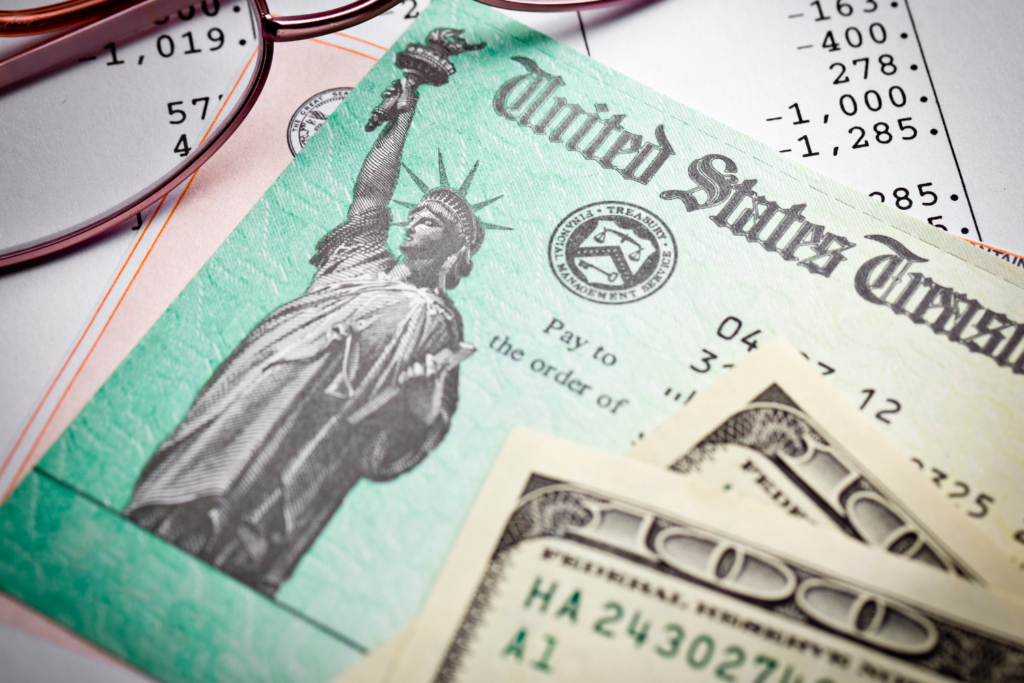As a college student, you might not think you need an emergency fund. After all, you’re young and healthy and you have time on your side. But the truth is that unexpected expenses can happen at any time, and it’s always best to be prepared. Here’s how to start an emergency fund as a college student.
In this post:
Create a budget and stick to it
One of the best ways to save money is to create a budget, stick to it, and pay yourself first. Determine how much money you need for essentials like rent, food, and transportation. Then, figure out how much you can afford to save each month. Once you have a budget in place, make sure you stick to it as closely as possible. This will help you reach your savings goals more quickly.
Start small, but start now

If you’re not sure where to start, begin with $5 a week. That may not seem like much, but it adds up over time. If you can afford to save more than that, great! But even a small amount can make a big difference in the long run. The important thing is to start now so you can reach your emergency fund goals.
Automate your savings and forget that you have it
When I was in college in 2001, automated systems didn’t exist, but students today can benefit enormously from automated savings. So, set up your automatic deductions and forget about it.
The simple math of an emergency funds
Once you have a few dollars saved up, you may want to consider putting your money into a high yield savings account or investing in low-risk stocks. This can help you earn more interest in your money and grow your emergency fund more quickly.
You can even open up a cryptocurrency exchange account even if you don’t want to get into bitcoin trading.
I don’t want to say much about this because the graph shows this perfectly. Here is the power of automated deductions and compound interest.
$10 per week = $40 per month with 2% compounding interest for 10 years
 Credit: www.getsmarteraboutmoney.com
Credit: www.getsmarteraboutmoney.com
Proven strategies to help you save for an emergency fund
If you are making excuses and think it’s not possible at a salary of $500 per month, let me put them to rest. Here are a few steps you can take as a student to secure a better financial future.
Get a part-time job to bring in some extra cash

If you need to boost your savings, consider getting a part-time job. This can be a great way to earn some extra money to put towards your emergency fund. You may even be able to find a job that’s related to your field of study, which can help you gain experience and build your resume. So, stop partying hard at night 5 times a week. Work 3 days and party on the weekends.
Buy a small new car and not a large used car

This may seem counterintuitive, but it saves time and money. Everyone thinks new cars are expensive but are cheaper in the long run. They not only save you money, but you also save on your most precious asset, time. Don’t bother impressing that girl with your V8 Mustang or BMW M5. Instead, impress her with your large bank account.
Stop eating out & cook your meals at home

One of the best ways to save money as a college student is to cook your meals at home instead of eating out. Eating out can be expensive, and it’s not always the healthiest option. Cooking your meals gives you more control over what you’re eating and how much you’re spending.
Shop at thrift stores
Another way to save money is to avoid buying new clothes all the time. It can be tempting to want to keep up with the latest fashion trends, but that can get expensive quickly. Instead, try shopping at thrift stores or consignment shops. You can find amazing deals on clothes this way, and you’ll be helping the environment by recycling clothes instead of buying new ones.
Avoid credit card debt and live within your means

One of the best ways to save money is to live within your means. That means spending less than you earn and being mindful of your spending. Try to avoid using credit cards or taking out loans if you can. If you need to use credit, make sure you pay off your balance in full each month to avoid interest charges.
Cancel unnecessary subscriptions and memberships

Do you have a gym membership that you never use? How about a Netflix account that you never watch? If you have any subscriptions or memberships that you’re not using, cancel them! This will save you money each month that you can put towards your emergency fund.
Sell unused belongings on eBay or Craigslist
If you have any unused items lying around, consider selling them on eBay or Craigslist. This is a great way to make some extra money that you can put towards your emergency fund. You may be surprised at how much stuff you have that you don’t need!
Conclusion
No matter how you choose to save, the important thing is to start now. By following these tips, you can begin building your emergency fund and be prepared for anything life throws your way.
- How To Start An Emergency Fund As A College Student - June 9, 2022






